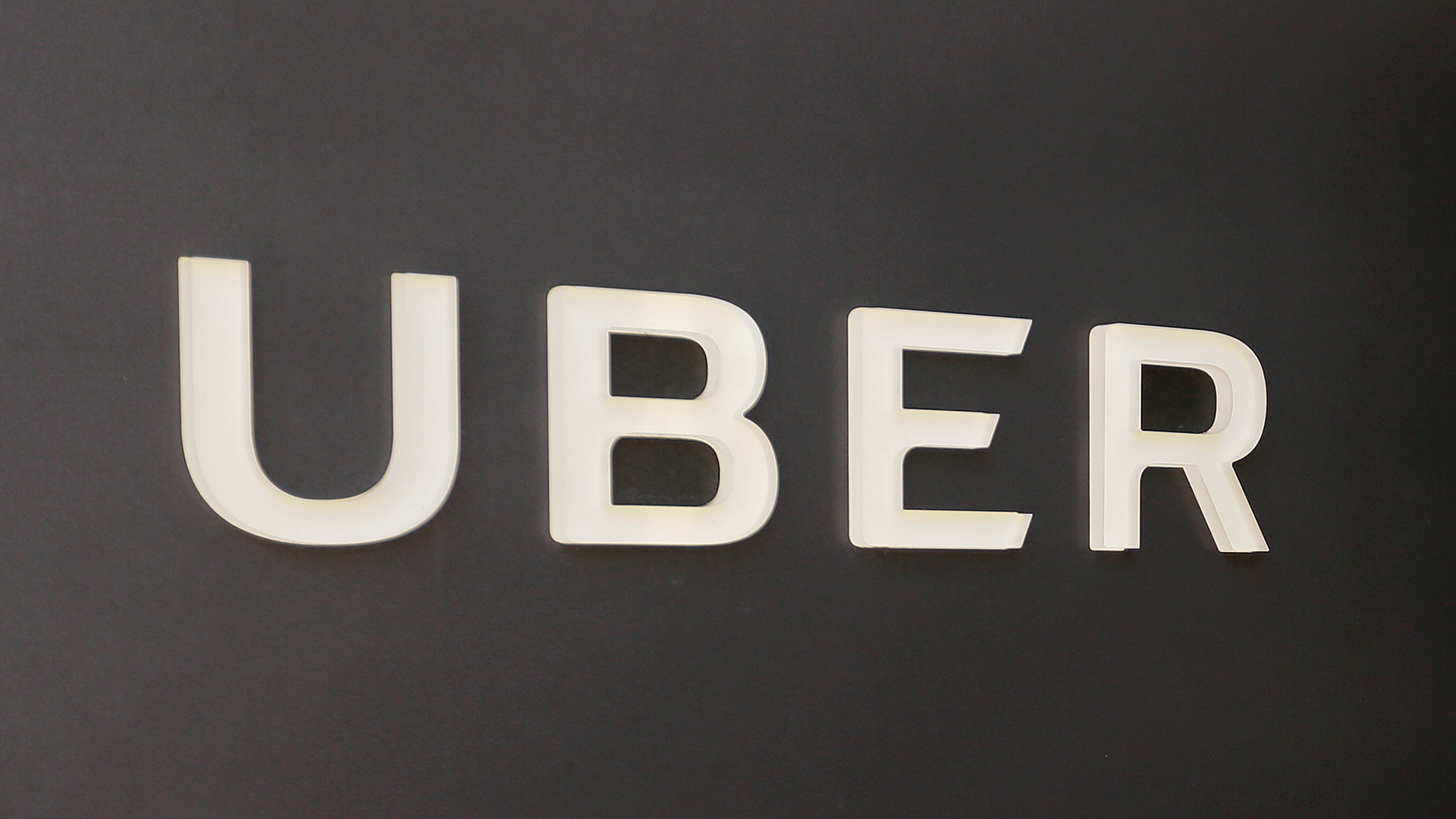

Uber’s leadership is largely comprised of white people and men, according to an analysis of diversity released Tuesday by the tech company.
The data, which the company announced last week that it was planning to release as part of a change in its company culture, highlights released by the company principally breaks down the data in two ways. Gender data is provided on a global level, while diversity data is given for the U.S. segment of Uber’s workforce.
Globally speaking, men make up 78 percent of Uber’s leadership. Amongst the company’s American leadership force, white people make up nearly 77 percent of the group, with people of Asian descent comprising another 20 percent.

The gap is even more apparent amongst the tech team of Uber’s leadership; globally, that group is comprised of 89 percent men, while the U.S. side is completely lacking in black people and Hispanic people.

Uber’s overall workforce of roughly 12,000 people is more diverse—albeit clearly still male-dominated globally, and white- and Asian-dominated in the U.S.

Customer support was generally the most diverse field at the company, based on Uber’s data.

The company did stress its efforts to improve its diversity over the last year, however. Uber says its human resources department has been working with the company’s employee resource groups to come up with ways to bump up the number of diversity hires. Indeed, the percentage of women hired globally and African-American and Hispanic people hired in 2016 were higher than Uber’s figures for those groups overall.

Lack of diversity is hardly unique to Uber among Silicon Valley titans. Facebook, for example, counts women as just 33 percent of its global workforce of 17,000, while female employees account for 32 percent of Apple.
Nevertheless, Uber has suffered a string of bad public relations lately, much of which has been connected to the company’s perceived behavior towards women and minorities—a fact Liane Hornsey, the company’s chief HR officer, tacitly acknowledged in a statement. “While there are many things we need to change about our culture, I believe that making Uber a more diverse and inclusive workplace is key,” she said. “This report is a clear-eyed assessment of where we stand and our plans to improve going forward.”